Landships, Horses, and Feet
If you had to compare war to a sport, which one would you choose? Football? Soccer? Tennis? No. Imagine a game of dodgeball, except with ten balls for every player, no breaks, and both sides are toddlers. That’s war. If you make it five seconds into the game without your team disintegrating into chaos, be grateful. You got farther than most.

War Isn’t a Classroom
An army moves on its stomach. Soldiers spend the vast majority of their time marching around and dying of dysentery. How much real combat does a common infantryman participate in? Very little. The majority of battles last a few hours, days, or at the most, weeks. Then what? That soldier is dead, wounded, or alive. I discussed this with a fair bit of detail in my article about the so-called Darwinian Ratchet of war.
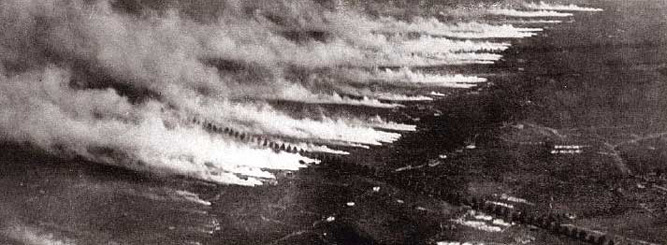
I would really like to know why armchair generals think battle is an enlightening experience. What was the takeaway from Omaha Beach or Stalingrad? Keep your head down? How about I throw an apple at your head and see if you duck?
Good training is achieved through repetition. That’s why armies don’t train by shooting live ammunition at each other. A soldier gets it wrong 99 times, then gets it right the 100th time. In combat, if you get it wrong you just die. There’s no training value in dying and it saddens me that there are people out there who don’t understand why.
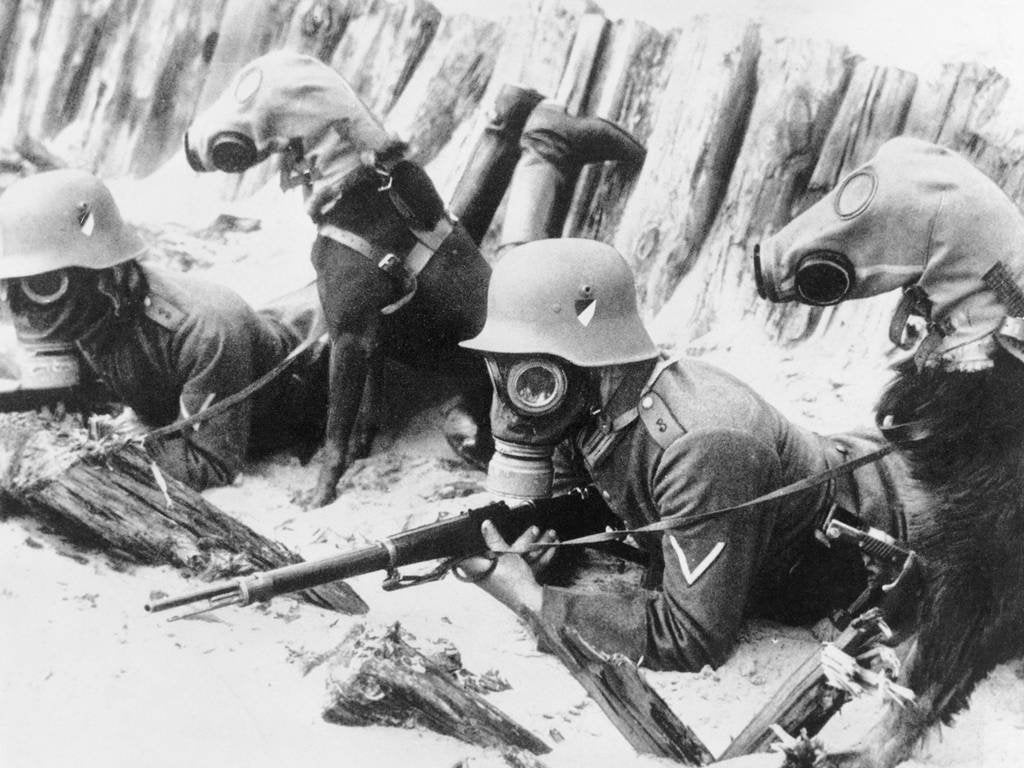
Institutions Don’t Learn Much of Anything Either
When asked to think of a conflict that was an exercise in stupidity, most people would name World War I. However, most of those people would pick WWI for the wrong reason.
Movies tend to portray WWI as a bloody spectacle featuring futile massed infantry charges. Nothing could be farther from the truth. The vast majority of offensives from beginning to end were successful. On the same note, attacks were necessary.
Modern revisionists try to paint World War I as wildly different than World War II, featuring old timey soldiers fighting over a square inch of terrain. That’s a false perception. Maneuver was commonplace in WWI and it was still as necessary as ever for armies to maintain speed and violence. If a general tried to be too conservative, it would become known to his opponents that he was unwilling to attack and they could safely concentrate their forces to attack him.
What caused WWI stalemates wasn’t the break-through stage of an attack; the problem was inadequate mechanization and logistical capability to exploit a breakthrough.
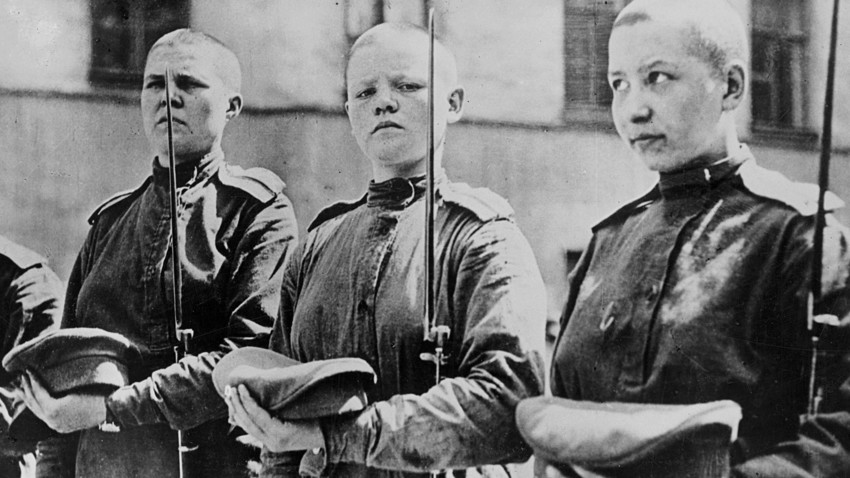
Soldiers could overrun static defenses, and often with surprisingly light casualties. But being forced to rely on their own legs tired out even the toughest troops before they could decisively win a battle. After taking a trenchline, the tables inevitably turned. Enthusiastic attackers became exhausted defenders about to be pushed back themselves. Of course the retreat was much bloodier than the advance.
Problems got even worse from the basic principle of defense in depth. Men couldn’t get faster, but they could dig trenches… a lot more trenches. After opposing armies lost momentum and began to dig in, the odds of breaking through to the enemy rear went from low to zero.
The Role of Cavalry

Doctrine of the time called for launching traditional infantry charges, then following up with large cavalry formations to spread out and ransack soft targets behind enemy lines.
Skirmishing, harassment, and chasing down retreating foe has been a traditional cavalry role for thousands of years. Let’s outline just a few of the advantages cavalry would have brought to the table after a break-through.
-The ability to rapidly bring reinforcements to a freshly-captured trenchwork.
-Navigating tough terrain would have been tough for horses, but after a breach, they could have used the enemy’s roads against him, which is a basic concept in maneuver war, or any modern war. Unlike massed infantry columns, cavalry could spread out and easily forage, greatly reducing the need for extended supply lines.
-Large units routed frequently, but after retreating a short distance, they had time to consolidate. A well-coordinated cavalry screen in the wake of an artillery barrage and infantry charge could have kept broken enemy forces on the run.
-To expand on that last point, cavalry could fend for themselves just fine under most circumstances. They only got in trouble when they encountered enemies in strong defensive positions. But of course, the whole point of chasing down an enemy with cavalry is to deny him the time to do that.

For the U.S. Army, cavalry’s value as mobile infantry was already well established from experience in the American Civil War and various Mexican border skirmishes. This utility was further demonstrated in the early weeks of World War I. But after all advances ground to a halt and armies began entrenching, the effectiveness of horse-mounted infantry fell off sharply.
Cavalry units ended up waiting around doing nothing, or dismounting and going to combat the same as any other infantry unit. They couldn’t exploit a breakthrough because no one could succeed in punching deep enough into enemy lines for cavalry to harass the rear.
During months and years of soldiers sitting in stagnant trenches, a serious problem sprang up. One horse ate more than ten men. Even worse, they were difficult to keep clean and free of disease, and produced ungodly amounts of horse manure. In the escalating war of attrition, horses became too much of a liability.
When the German army broke during the last few months of the war, cavalry advocates finally had their moment to shine. Scattered enemies on open terrain are perfect prey for cavalry. French and English horsemen armed with sabers and pistols could mow down German troops just like they were mowing down each other during the Hundred Years War five centuries earlier.
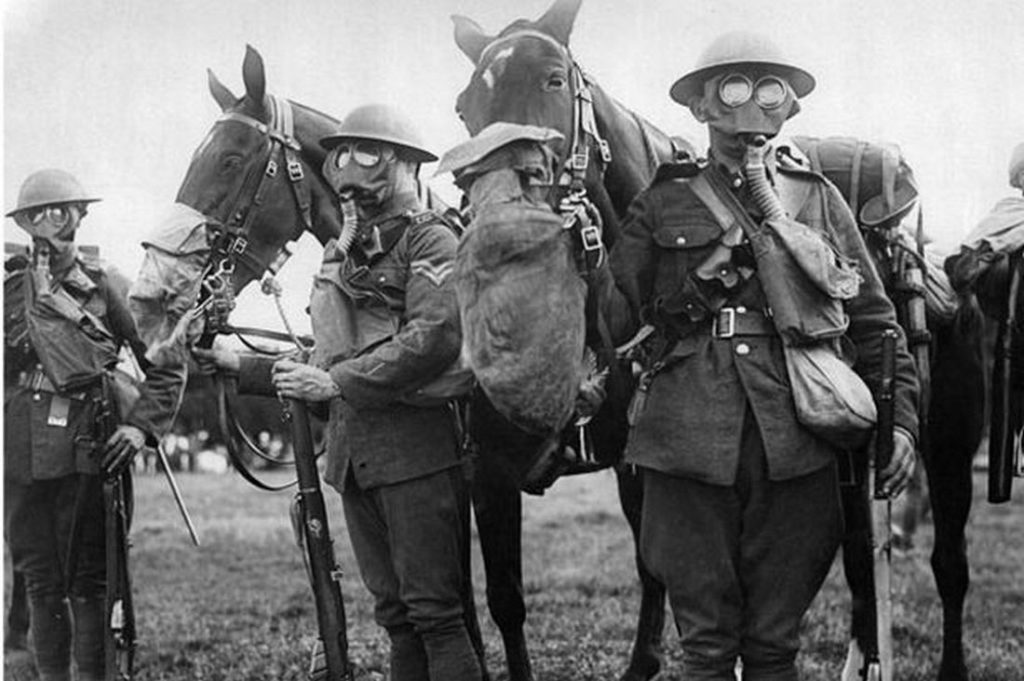
There was just one problem. Everybody had already written off cavalry as largely useless years earlier and had cut down their numbers to a fraction of what they once were. The lack of trained horses was so severe, American cavalry troops had to “beg, borrow, and steal” malnourished pack animals. The men themselves were so rusty they were unable to perform basic cavalry tactics. Instead of capturing hundreds or even thousands of German troops like they should have, the 20th Century Yankee knights blindly staggered across the finish line and inflicted virtually no damage. Incidentally, British cavalry formations still existed at the end of the war, and did succeed in capturing many fleeing Germans.
Now consider the big new weapons and techniques developed in World War I. Tanks, poison gas, stormtrooper and infiltration tactics… see an issue here? Every player on both sides was frantically trying to solve a problem that didn’t exist and ignoring the real one. In 1918, Operation Michael, the last great German offensive of the war, failed for the same reason attacks in the Battle of the Frontiers mostly all failed in 1914.
An Expensive Failure
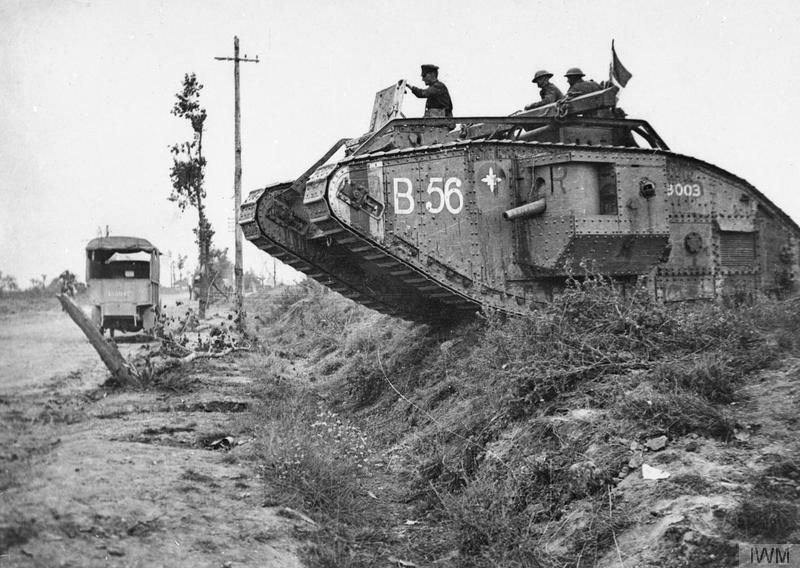
The first tanks were designed to smash through enemy defenses, but breaking through enemy defenses wasn’t a problem and tanks were really slow. The British Mark I had a maximum speed of six miles per hour, but on rough terrain that made up the vast majority of battlefield movements, the Mark I could only go at a whopping one mph.
Repeated failures to make any headway against deep networks of bunkers, forts, and trenches showed the urgent need for speed and agility, but every combatant did the opposite. The British even referred to their new weapon as literal “landships,” only changing the name to the workers’ jargon “tank” to maintain secrecy.
There were even tanks designed as troop carriers, like the Mark IX tank. By no means was this a dumb idea. The Mark IX was conceptually the grandfather of the M113, Bradley Fighting Vehicle, Stryker, and every other armored and armed transport for mechanized infantry. However, the technology of the time was too primitive to build a Mark IX with the qualities needed now, and even at the time.
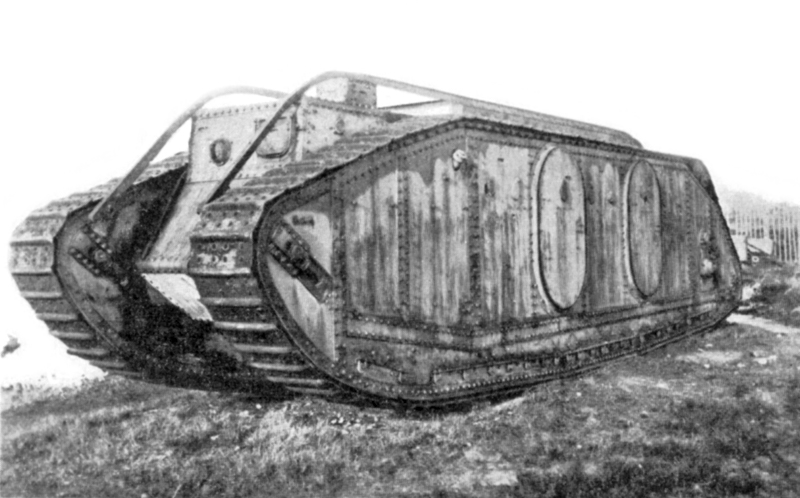
Lumbering metal beasts with little torque and horsepower were woefully inadequate for rapidly transporting soldiers and equipment across any sort of distance. The “landships” were supposed to be a game changer, but ultimately contributed very little. Almost nothing. They were actually worse than nothing. All those industrial and economic resources could have been used for something else.
I admire the 20th Century German army; they were experts at defeating themselves. It takes true talent to always make the wrong decisions at the worst possible moments. Not sometimes, always.

Despite their reputation as super soldiers, the German armed forces in both World Wars were always reactionary. All they did was react, react, react, react. The only reason Germans built tanks was because everyone else was doing it. Except Germany was suffering from a years-long blockade, and tanks required resources that couldn’t be spared. In the end, the Germans fielded a grand total of 20 tanks, most of which broke down before they even saw combat.
I have no idea how Germans consistently failed to understand the most basic principles of mass production. Sometimes I wonder if Germany is even a real place and not just a meme someone made up on Reddit.
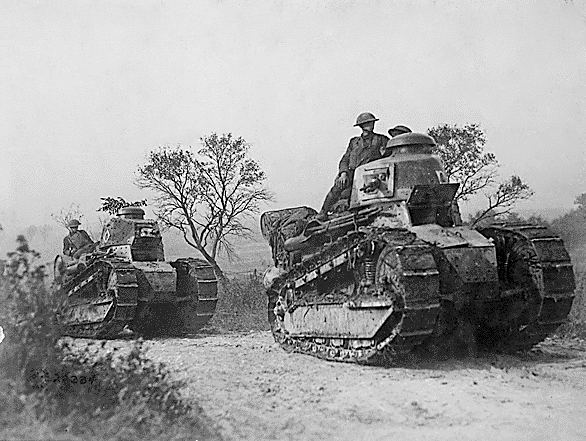
Though landships were close to useless, tank doctrine and design did eventually settle on correct ideas. The Renault FT was a huge success and became the mechanical “father” of tank warfare for the rest of the century, and apparently, the present day too. Though the Renault arrived too late to be a decisive factor in the war, it did prove useful for murdering indigenous people in the colonies.
Another wildly successful tank design was the Mark A Whippet, which would go on to influence British tank design and doctrine for decades.
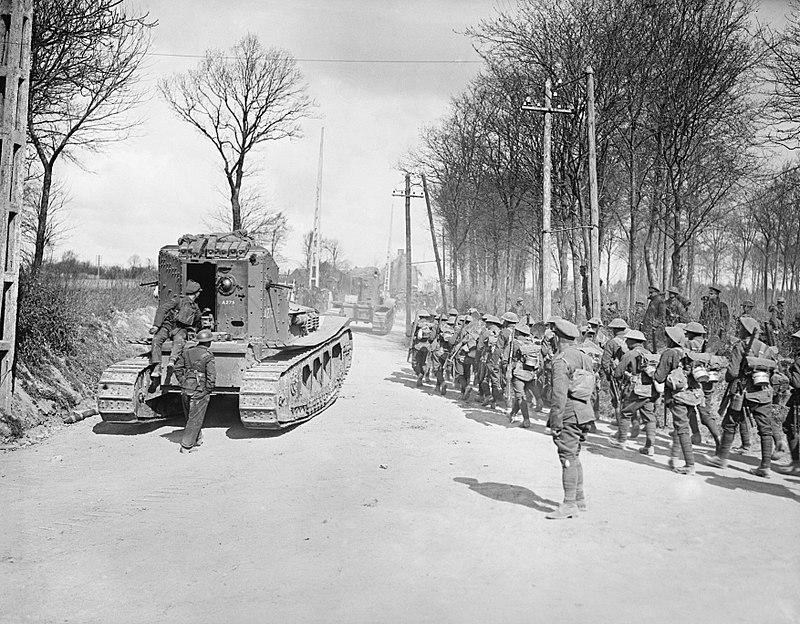
Millions upon millions of lives later, everyone had at least some grasp of maneuver warfare. Well, everyone except Germany. That ignorance was going to cause them a lot of grief in 1941.
For my next article, I challenge all you lovely readers to a game; guess the day the Third Reich was defeated. It was a very specific event, though perhaps not an obvious one. You might even accuse me of cheating, but if it helps, you can find the answer on Wikipedia. If someone figures it out before I publish the next story, you get $20, or a hug. Actually, probably just a hug. Who doesn’t like those?
In the meanwhile, if you haven’t already, you should subscribe to the email newsletter. Then you can see when I post the update!
Ian Kummer

Support my work by making a contribution through Boosty
All text in Reading Junkie posts are free to share or republish without permission, and I highly encourage my fellow bloggers to do so. Please be courteous and link back to the original.
I now have a new YouTube channel that I will use to upload videos from my travels around Russia. Expect new content there soon. Please give me a follow here.
Also feel free to connect with me on Quora (I sometimes share unique articles there).

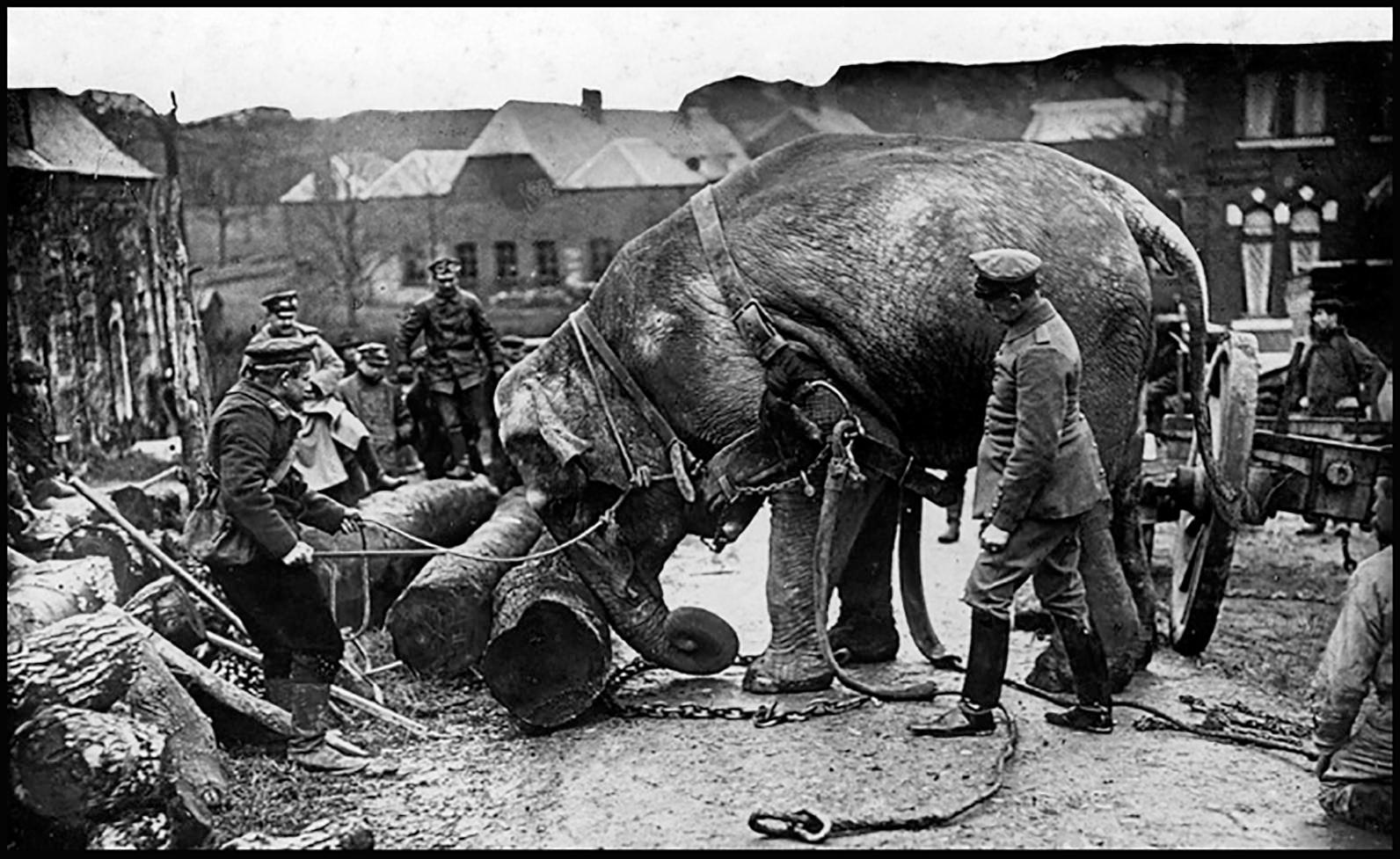

I’d say that after Hitler declared war on the US, Germany no longer had any reasonable prospect of victory. I have no idea what Wiki says on the matter, I don’t bother with them for anything serious. But once Hitler solved FDR’s problem of how he was gong to get a declaration of war against Germany, the writing was on the wall.
There would now he an actual second front (Africa was a sideshow), the U-boats would eventually be hunted to extinction, and the British and Russians could enjoy the full benefits of American war production, which could pound out weapons and material like there was no tomorrow. (The most important things we gave the Russians were trucks, halftracks and rolling stock, and yes, these things mattered a lot.)
If you agree with this answer, I’ll take your choice of good wishes, a hug, or a fifth of Four Roses
Nope, and trust me, you’re going to accuse me of cheating when I post the answer shortly – but I promise it makes sense!
I'd say that after Hitler declared war on the US, Germany no longer had any reasonable prospect of victory. I have no idea what Wiki says on the matter, I don't bother with them for anything serious. But once Hitler solved FDR's problem of how he was gong to get a declaration of war against Germany, the writing was on the wall. There would now he an actual second front (Africa was a sideshow), the U-boats would eventually be hunted to extinction, and the British and Russians could enjoy the full benefits of American war production, which could pound out weapons and material like there was no tomorrow. (The most important things we gave the Russians were trucks, halftracks and rolling stock, and yes, these things mattered a lot.) If you agree with this answer, I'll take your choice of good wishes, a hug, or a fifth of Four Roses
Nope, and trust me, you're going to accuse me of cheating when I post the answer shortly – but I promise it makes sense!
Guessing you’re gonna say it never was.
I’m not cheating THAT badly. Sounds like a five year old playing hide and seek “haha I hid the toy nowhere, you lose”
Sounds like something I would do TBF. Oh well so much for the easy win!
Off topic: The comments section of your site seem to be broken frequently. My guess is that a lot of your javascript isn’t linted properly – e.g. missing semi colons at the end of statements; then when your bundler kicks in it combines two statements into one.
Could you post a screenshot next time you see it happen? I was unaware of it until now! I know exactly zip about coding and rely on PHP plugins, so if the comments module is having issues, I’ll need to fix it, reinstall it, etc… :/
Guessing you're gonna say it never was.
I'm not cheating THAT badly. Sounds like a five year old playing hide and seek "haha I hid the toy nowhere, you lose"
Sounds like something I would do TBF. Oh well so much for the easy win! Off topic: The comments section of your site seem to be broken frequently. My guess is that a lot of your javascript isn't linted properly – e.g. missing semi colons at the end of statements; then when your bundler kicks in it combines two statements into one.
Could you post a screenshot next time you see it happen? I was unaware of it until now! I know exactly zip about coding and rely on PHP plugins, so if the comments module is having issues, I'll need to fix it, reinstall it, etc… :/